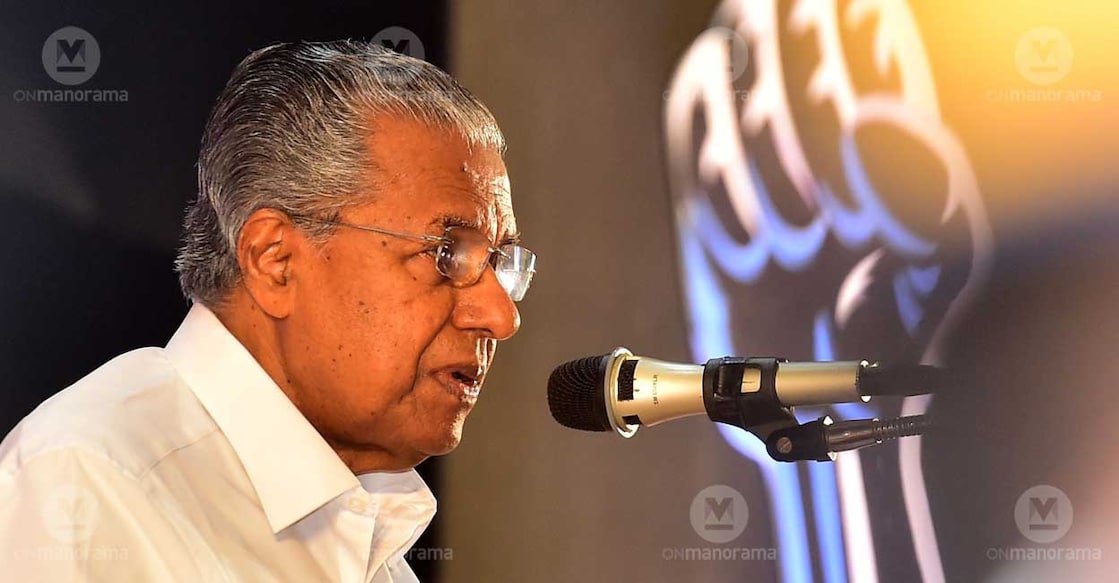After Stalin, Pinarayi too objects to Hindi imposition. But is Kerala CM less forceful?

Mail This Article
After Tamil Nadu Chief Minister M K Stalin told the Centre not to “force another language war by imposing Hindi”, Chief Minister Pinarayi Vijayan on Tuesday wrote to Prime Minister Narendra Modi saying any attempt to impose a common language “did not augur well for our cooperative federal set-up”.
While Stalin has articulated his objections to the one-language policy in forceful terms, Vijayan has given the impression that some compromise formula could be worked out.
In his missive to the Prime Minister, Vijayan begins combatively. He says that Hindi cannot be imposed as the main language of instruction in higher centres of learning. “The state-specific aspects in the educational sector have to be recognised,” he says.
But it is what he states thereafter that takes the edge off his apparent disapproval. “There cannot be a hasty decision in this matter,” Vijayan says, as if suggesting that Kerala was open to a discussion on the one-language issue.
Both the chief ministers were responding to media reports that the Parliamentary Committee on Official Languages chaired by Union Home minister Amit Shah had recommended Hindi as the medium of instruction in all central institutions like the All India Institute of Medical Sciences (AIIMS), central universities and Kendriya Vidyalayas.
Reportedly, the Committee has also recommended that a knowledge of Hindi was mandatory for a job in the central services. Also, it wanted Hindi to be adopted as India's official language at the United Nations. The Committee had submitted its report to President Droupadi Murmu last month.
While Stalin used plain forthright language, Vijayan treads carefully as if he intended to softly persuade the Centre.
Stalin said: “To mandate a common language which is practically impossible is akin to stating that only Hindi speakers are the rightful citizens of India and speakers of other languages are second-class citizens.”
Here is Vijayan presenting the same thing in diplomatic fashion. “While the younger generation should be encouraged to learn languages other than their mother tongue too, any attempt which will be even remotely perceived as imposition of a lnguage will give rise to apprehensions among people in general and job aspirants in particular."
A top official source said the language was tempered because it was a formal letter to the Prime Minister of India. “The Tamil Nadu Chief Minister was responding to the media's posers. He can afford to be less guarded. Our Chief Minister was corresponding directly with the Prime Minister. So a certain decorum has to be maintained,” the source said.
Vijayan told the Prime Minister that the one-language policy would hurt the job prospects of youths in non Hindi-speaking states like Kerala. “Our youth has limited job opportunities in the government sector and any attempt to put a substantial section of them at a relative disadvantage will not be in the best interest of our society,” he said and added: “I suggest that question papers for competitive exams for posts in the Governmnt of India may be given in all languages specified in the Eight Schedule of the Constitution (which has 22 languages including Malayalam and Tamil).”
However, at the 37th meeting of the Parliamentary Official Language Committee in New Delhi in April this year, Shah had said that Hindi should be accepted as an alternative only to English and not to local languages like Malayalam, Tamil and Kannada.


